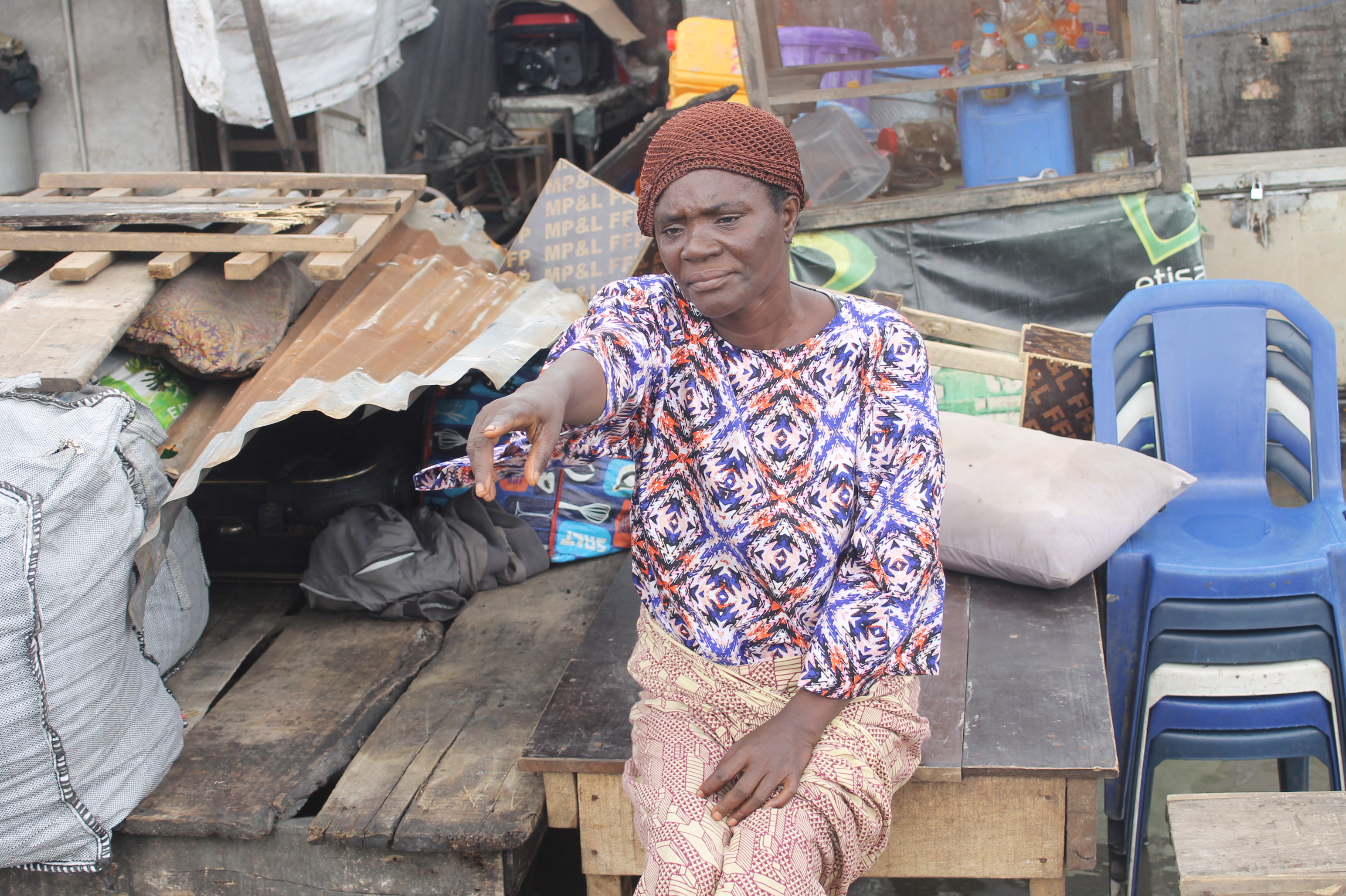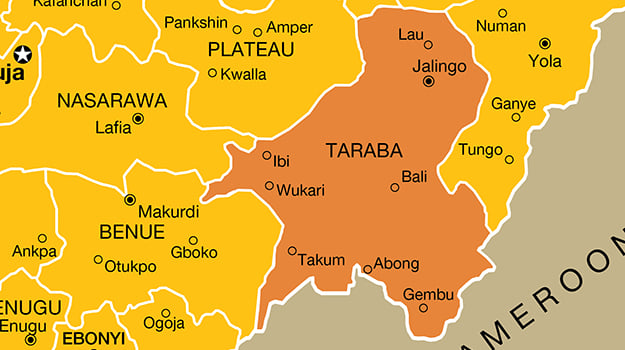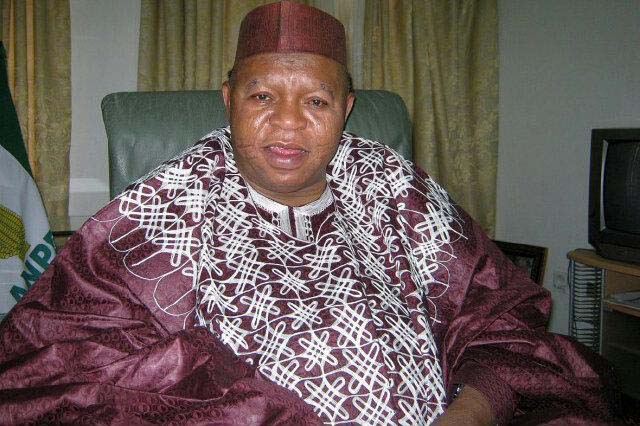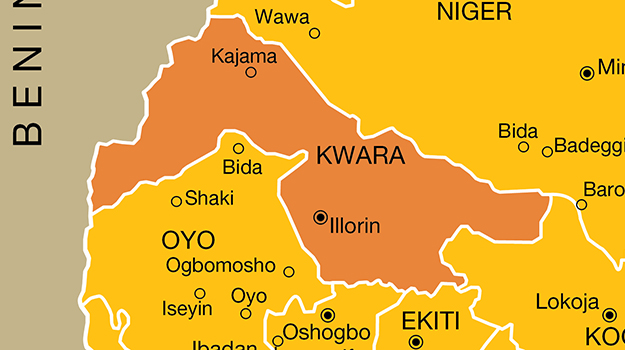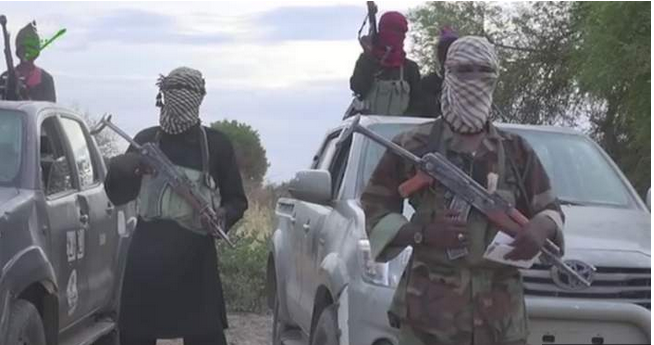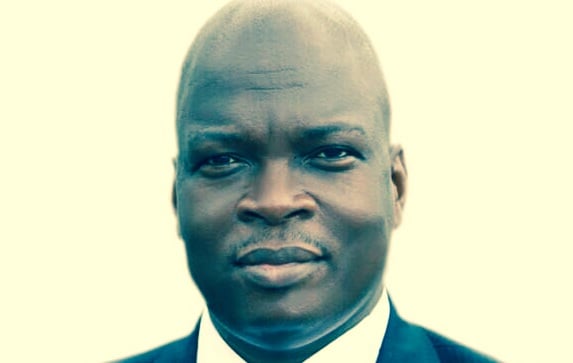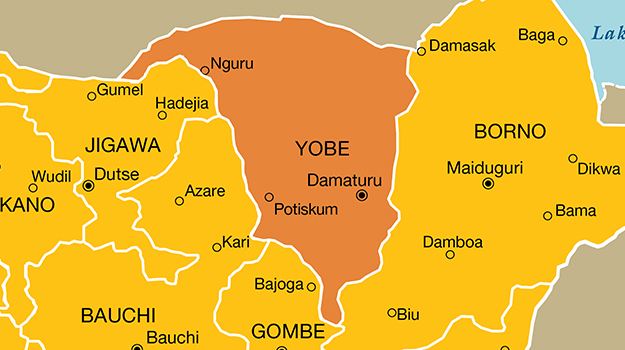Victims of forced eviction from Badia East and civil society organisations have strongly condemned forced evictions currently being carried in the region.
The evictions, which started on September 18, have left thousands of families homeless at the peak of torrential rainfall, forcing scores of women and children to sleep under makeshift shelters.
The civic groups urged Akinwunmi Ambode, governor of Lagos state, to halt the demolitions.
Olabisi Malomo, who spoke on her ordeal, said the government gave them little or no notice, before going ahead with the demolition of her 25-year heritage.
Advertisement
“I have been staying here for about 25 years, and when they wanted to demolish our house, they just came without prior information,” she said.
“One night we just saw caterpillar (bulldozer). Some people said they want to pass a gutter. It was not up to four hours when the police and some other people came for the demolition. They said we should pack our load, and in less than 30 minutes demolition was underway.”
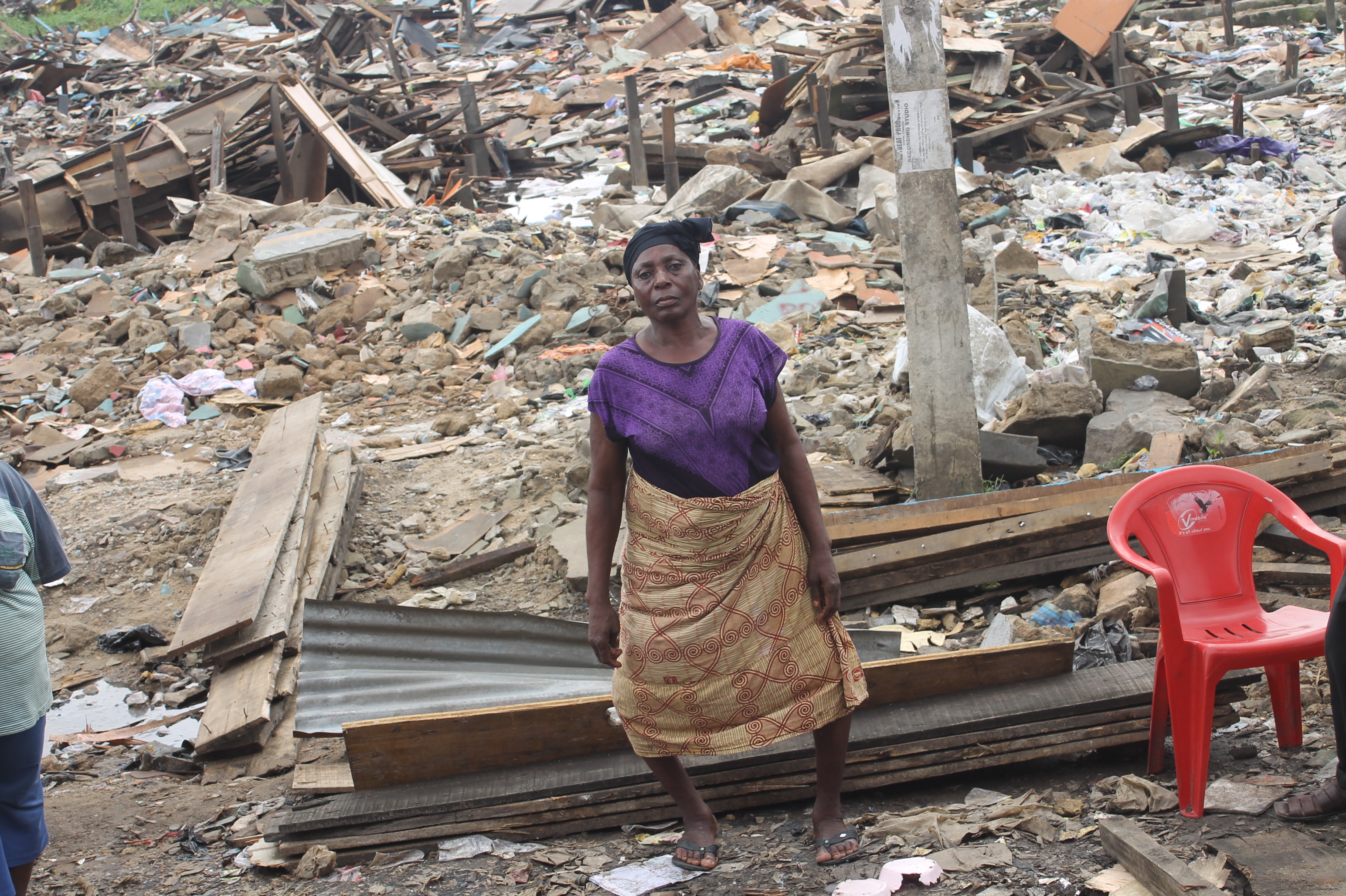
Advertisement
This has forced Malomo, her six children, her elderly mother, her sister and neighbours to live in makeshift shelter under harsh conditions.
“In this Nigeria, they treat us, the poor people, like we’re goats. We aren’t goats; we are human beings. They should help us. We have suffered too much,” she added.
Friends of Badia, a coalition of numerous civil society groups consider the demolitions a forced eviction and a grave violation of human rights law and statutory provisions in force in Nigeria.
“We note that, without the requisite protections being put in place, even an eviction carried out in accordance with a judicial decision can amount to a forced eviction, according to the United Nations Office of the High Commissioner for Human Rights and UN Habitat, among others,” the group said.
Advertisement
“The forced eviction started on 18-19 September and continued again on 22 September, moving from Badia East toward Badia West, displacing more than 10,000 people to date.”
The Nigeria Police Force (NPF) and Lagos state government have been providing material support to the private demolition exercise by the traditional landowners, the Ojora chieftaincy family.
Scores of policemen have been on ground every day, with a police officer seen riding on the bulldozer itself, in the presence of officials of the Lagos State Physical Planning and Development Authority (LSPPDA).
In February 2013, over 9,000 people were forcibly evicted from the neighbouring part of Badia East in a demolition carried out by the Lagos state government to make way for a housing project built under the Home Ownership Mortgage Scheme (HOMS).
Advertisement
According to the group, this violates the World Bank safeguard policies on involuntary resettlement, which the government committed to follow when it accepted $200 million to upgrade Badia and other slums in Lagos – financing intended to benefit the residents of Badia who have now been evicted.
The evictees on Monday staged a protest to the governor’s office, seeking an intervention, which was successful as results were seen on Tuesday.
Advertisement
The group psaid that victory will not be attained until the thousands of evictees who have suddenly been rendered homeless in Badia East, Badia West, Apataaro, and other neighbouring areas of Apapa LGA/Apapa-Iganmu LCDA who are still at risk should the demolitions resume are sure of safety.
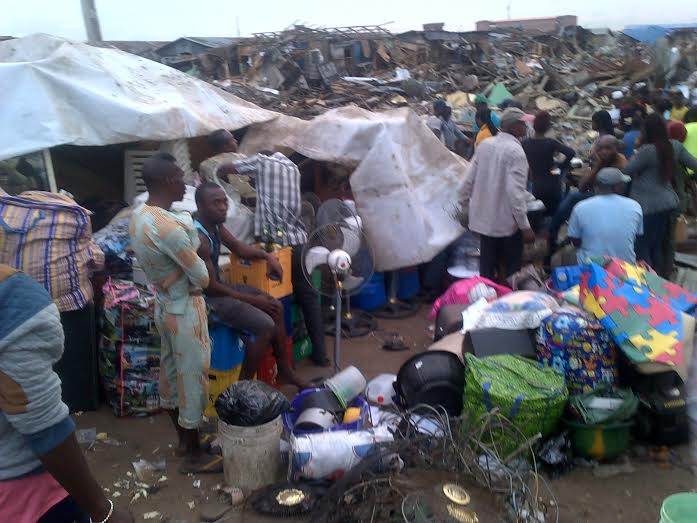
Biola Ogunyemi, a widow and mother of six, lost two residential buildings with a total of 38 rooms, three shops, and a bar that she had owned since 1991.
Advertisement
The 14-room makeshift structure that she erected behind these buildings was also destroyed. “How will I care for myself and my children now?” she lamented.
A young mother of two, Abimbola Joshua, spoke as evening fell on the Sallah holiday from inside her makeshift tent, surrounded by children escaping the rain:
Advertisement
“The way the King Ojora Fatai treats us is very bad, he treats us as slaves. I want Fatai Ojora to know that, anything he is doing on this earth, he should remember God. Because when we finish everything on this earth, we go to God. And God will judge everyone according to his or her behaviour on earth.”
An elderly woman with only one good leg, using a single zinc sheet to cover herself and a mother nursing a two-month-old baby next to her from the rain, pleaded: “Make the Government help us beg Aromire Fatai to leave us alone. Make him forgive us. We have suffered too much.”
The civic groups led by Spaces for Change (S4C) made the following demands:
- That the Federal Government of Nigeria and the Lagos State Government take all necessary steps to ensure there are no further forced evictions;
- That people already forcibly evicted be returned to their rebuilt homes, or provided an adequate and satisfactory alternative, and compensated for all their losses; and
- That persons rendered homeless, especially women, children and other vulnerable populations, be given immediate humanitarian assistance, including adequate temporary shelter while long-term solutions are in process.

